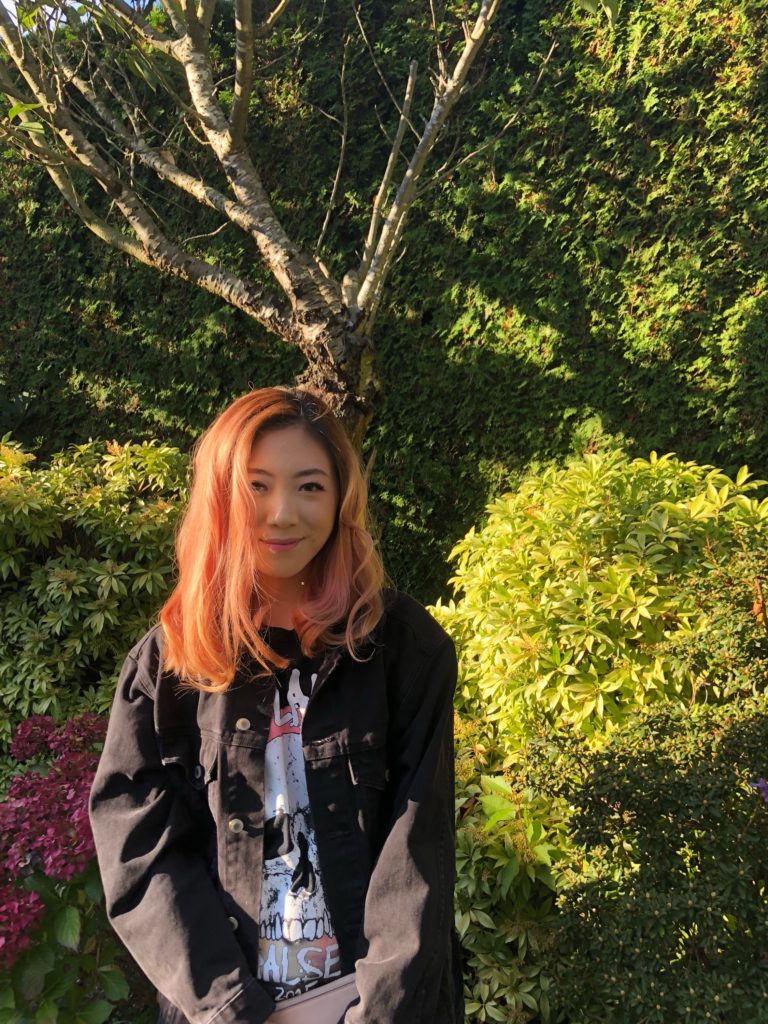By Lixia Lisa Liu
@lixia.ll
I was sexually abused when I was six years old. I didn’t realize until seven years later. How the atrocity of being assaulted by my much older cousin flew by me for so long, I have very little idea. Freudians may propose that my subconscious attempted to protect me from severe trauma by disconnecting me from these memories, but I would argue that at that age, I was simply not aware of the fact that my body belongs to me, and only me. For my entire life, I’ve always remembered the dark room dimly lit by his computer screen, the fully drawn blue curtains, and the ceiling fan that loomed overhead. What I failed to comprehend at the time was that there is no circumstance in which I, a six year old, should be half naked and alone in a room with a man sixteen years older.
By the time the severity of this predicament had finally dawned upon me at thirteen years old, I no longer had the ability nor the evidence to take my case to court. Like many sexual assault cases, what made the situation so complex was that the perpetrator had been a relative; and in my culture, that meant bringing immense dishonour to our family name. Initially, I believed that if there was nothing I could do, then talking about my experience was a waste of time. However, after years of recovery guided by numerous professionals, I’ve come to the conclusion that if I choose to stay silent, he will truly and undeniably get away with his crimes—without being called out. I may not be compensated under the law or ever see him face the consequences he deserves, but I know putting my story out there means that his actions are no longer hidden.
Unfortunately, for many people, the inability to take legal action results in their struggles of pain and guilt being trivialized, and worse, forgotten. There are approximately 460,000 sexual assaults in Canada every year, yet only five percent of cases are reported. The fear of retaliation, regret, ridicule, or not being believed hinders so many men and women alike to stay silent—to remain voiceless victims.
Very recently, I had a confrontation with a male acquaintance at a friend’s party, in which he asked me why I “look like such a slut.” I was shocked not only by the audacity of the comment, but also by how familiar the feeling of shame was. At that time, I was forced to recognize once again, the burden that society puts on women to maintain their appeal to men. We are expected to be sexually attractive but not promiscuous, to be confident but not cocky, to be successful but not more than our male partners, to shave our bodies despite hair growth being a biological normality. From a young age, we are told that we can be anything we want, but of course, not without fulfilling our role as a mother, housekeeper, and cook as well. As we grow older, we are told that it is our responsibility not to get sexually assaulted, rather than men’s responsibility to not sexually assault us. A woman can be scolded for feeding her child in public because some people find the female anatomy to be “disturbing.” Yet somehow, the Sports Illustrated swimsuit cover issue amases 35 million US dollars annually. Yes, we’ve come a long way. Most of us can vote, obtain a job, and have the choice to not bear children. But we are not there yet. In reality, we do a great disservice to everyone when we impose the patriarchal norms of behaviour onto children. In the end, girls grow to become women with guilt towards their bodies, and boys grow to become men with fragile egos.
Consent can be complicated and be defined or expressed in a variety of ways. What it really all comes down to though, is whether an individual is consciously willing to allow something to happen. There are usually two sides of the spectrum to choose from: yes or no. But what do you do when rejection is not an option?
At seventeen-years-old, after years of holding in anger, confusion, and mostly shame, I want to tell anyone who has experienced this type of atrocity to speak up and become a part of the powerful change that is happening in our society right now. Your emotions are not any less real or painful, just because a cold statistic dismisses you as part of a small population, just because nobody knows about it, just because it only happened once, just because it happened a long time ago. Understand that your body belongs to you, and that your consent it yours to give.

Lixia Lisa Liu is a Chinese-Canadian student, art-lover, and advocate for mental health awareness. She is concerned about issues, including the current state of political discourse and the preservation of indigenous cultures. Of course, she also enjoys the small things in life, such as colourful leaves, sunsets, and most importantly, her dog Evy.




